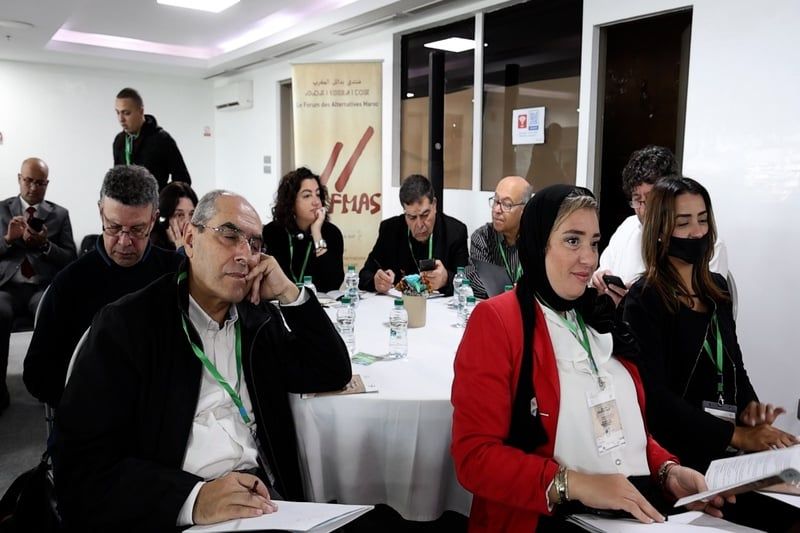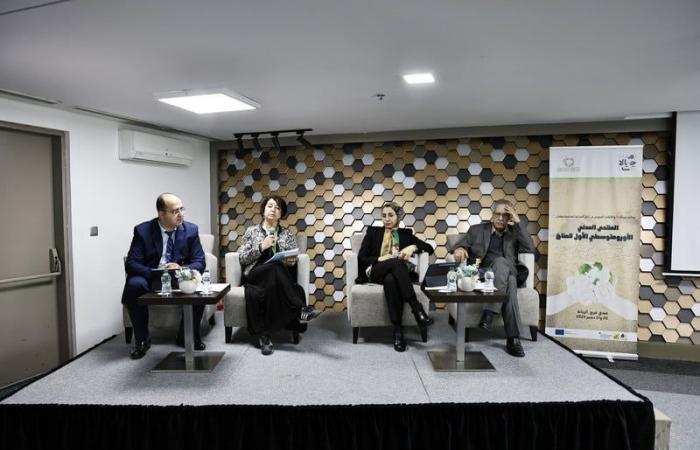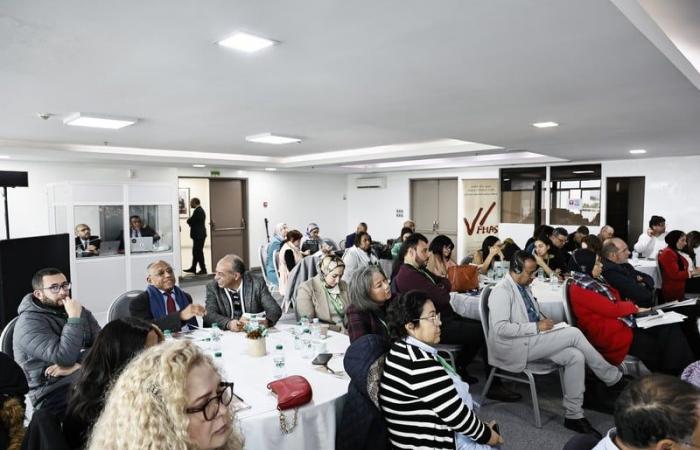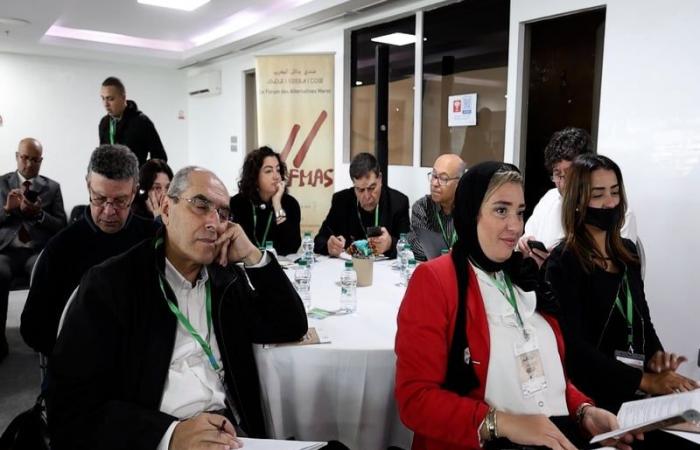Still impacted by climatic hazards, Africa counts its losses daily. Aware of these challenges, the Moroccan coalition for climate justice is organizing, this Friday in Rabat, in partnership with Majalat 2, the 1st Euro-Mediterranean civil forum for the climate. A meeting which is intended to be decisive for the future of the planet.
With the shocking climatic findings, feedback is necessary. Since the first COP in 1995 in Berlin, the Conferences of the Parties (COP) have marked major progress in the fight against climate change: COP3-Kyoto (1997): Adoption of the Kyoto Protocol, the first agreement requiring industrialized countries to make a reduction average of 5.2% of GHG emissions compared to 1990 over the period 2008-2012.
However, the exclusion of developing countries from the quantified commitments has sparked criticism over fairness. COP21 – Paris (2015): Paris Agreement, a universal pact which is based on the will of States. It commits countries, developed and developing, to limit global warming to less than 2°C, while aiming for 1.5°C, submit Nationally Determined Contributions (NDCs) updated every 5 years, mobilize 100 billion dollars per year for developing countries from 2020.
Although not legally binding, it is based on international pressure and the moral commitment of the signatories.
The 1st Euro-Mediterranean civil forum on climate adds to these initiatives. Approached by Hespress FR, Sanaa Moussalim, National Coordinator of the CMJC, explains that “under the central theme of climate justice, this meeting aims to be a unique opportunity for collective reflection on our commitments in the face of pressing global challenges. We examine together the historical responsibilities and structural weaknesses that influence our capacity to act, in order to build real and effective cooperation in the face of climate change.”.
The countries around the Mediterranean, including ours, are bearing the brunt of the consequences of these climatic upheavals. In recent years, she adds, we have witnessed repeated droughts, water scarcity, deterioration of agricultural land and an intensification of natural disasters, the severity of which continues to increase. Paradoxically, it is often the countries least responsible for greenhouse gas emissions that suffer the heaviest consequences.
This is precisely why climate justice is an urgent imperative today. It calls for an equitable distribution of efforts and resources to address the climate crisis, taking into account the contexts and responsibilities of each stakeholder.
This forum, inaugurated this Friday, is a space for dialogue and exchange. Sanaa Mousalim expresses her hopes: “we hope that it will allow us to debate all these crucial questions and come out with concrete proposals”. One of the main objectives is to define the modalities of cooperation between the countries of the North and those of the South. It is essential to establish transparent and accessible financing mechanisms to support climate initiatives. “At the same time, we must also emphasize the importance of involving local populations in decision-making. Their expertise and resilience in the face of realities on the ground are essential to building adapted and sustainable solutions.”, she concludes.
For his part, Kamal Lahbib, member of the Forum des Alternatives Maroc office and coordinator of the Majalat 2 project, declares that today, “we have the honor of holding a meeting with the Moroccan Coalition for Climate Justice, a crucial moment after COP 29. This gathering is an important step to allow us to express our concerns and our analyzes on the climate emergency which is striking our planet. We believe that it is high time to raise our voice, contribute our points of view and contribute to collective reflection on the global environmental crisis.”.
Climate disruption is now an omnipresent reality, a constantly evolving catastrophe. Aware of the consequences of climatic hazards, our interlocutor recalls that “we are facing increasingly frequent and violent events. The latest one, which occurred in Mayotte, is a tragic example of what awaits us if nothing is done”. The consequences are devastating, and it is only one link in a chain of disasters that strike different regions of the world, year after year.
Furthermore, he adds: “we recently experienced the tragedy of the earthquake in Tahaanaut, which tragically highlighted the vulnerability of populations to natural phenomena exacerbated by climate change”.

According to him: As civil society, we have a duty to closely monitor the commitments made by States at the international level, but also to evaluate the concrete efforts made to curb this ecological catastrophe. The political and financial commitments of States, beyond speeches and resolutions, must translate into tangible and effective actions to stem the devastating effects of global warming. Now is not the time for empty promises. It is imperative to put in place strong and urgent measures to avoid even more dramatic scenarios in the future.
“Thus, climate justice, a fundamental principle that we fervently defend, requires that we join forces, nationally and internationally, to stop this disaster before it becomes irreversible. The mobilization of States and the international community is more urgent than ever. We must act, and we must do it now”, he hopes.








